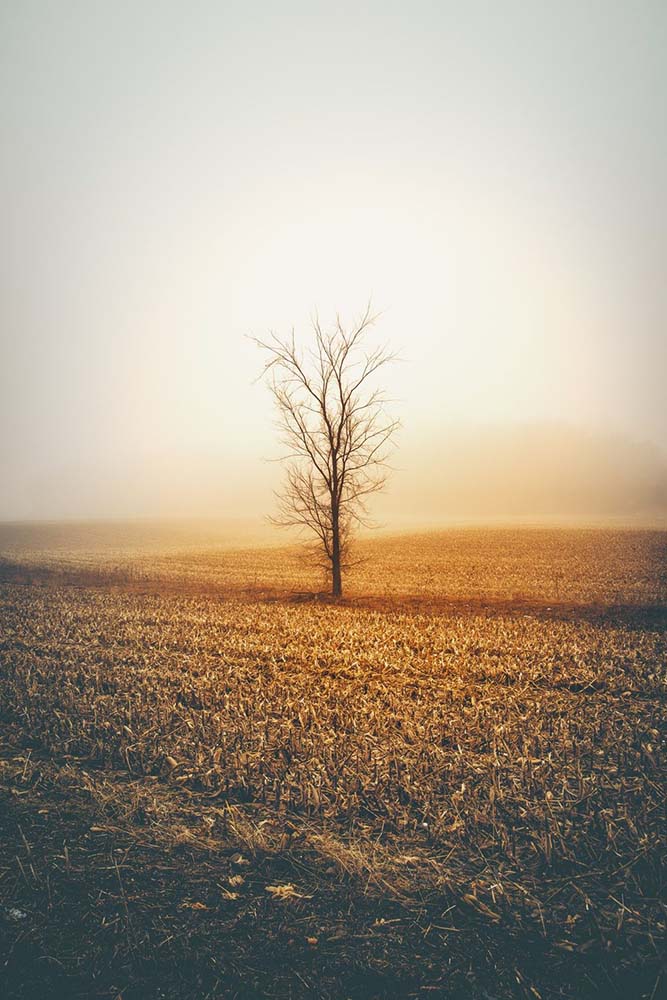Origin (Source) of Vedas
Vedas are considered to be Apaurusheya, which means they were not created by humans or the Rishis. Rishis are referred to as mantra-drashtās instead of mantra-kartas because they comprehended and unraveled the mantras from the ubiquitous frequency that prevails all over our universe. They perceived the Vedas through their transcendent wisdom. The sacred scripture is considered to be the creation of a divine power that surpasses human life form, according to His Sankalpa, the divine resolve. They have no origin that can be defined by man-made co-ordinates. They are Omnipresent, like the Creator Himself.
"Sarve Vedaha yatrai kam bhavanti”
( Taittiriya Aaranyaka ) - All the Vedas are intertwined with the Ultimate Reality or Absoluteness we define as God . We can infer that the Vedas and Brahman (Universal Consciousness) are not completely exclusive entities.
“Vedayati Iti Vedah” or “Vedam, Vedartham Vetti Iti Vedavit”
- Knowing knowledge is Veda. One who is the embodiment of scriptures! Vedayati Iti Vedah - One who explains everything or that which explains everything - the Ultimate Truth - is Veda. Since Veda’s originated from His breath, they are not distinct from Him. The Vedas teach every human being his duties from birth to death and describe his rights and duties, obligations and responsibilities in all stages of life – as a student, householder, recluse and monk.
Mahārishi Veda Vyāsa - One who knows the Veda’s, or One who spreads the knowledge of Veda’s. He is Vedavit since He is the knower without any doubts or errors of interpretation, and He is the only one.
Vedas are unique because they offer a wide spectrum of Jnana that covers the existent and non-existent, the gross and the subtle, the past, the present, the future and beyond. They have been preserved from time immemorial with phonetic exactitude, preservation of tonal accent and unblemished by insertions.
Shrimad Bhagavatham provides a clear perspective regarding the origin of the texts. They are believed to be taught to the creator Brahma (one among the triumvirate), by the divine resolve. After Brahma, Prajapatis standardized the transmission of the Vedas by a particular method known as Sandhai and Thiruvai that is prevalent even today in Veda Pathasalas.




.jpg)
"
"- Desmond Luxor